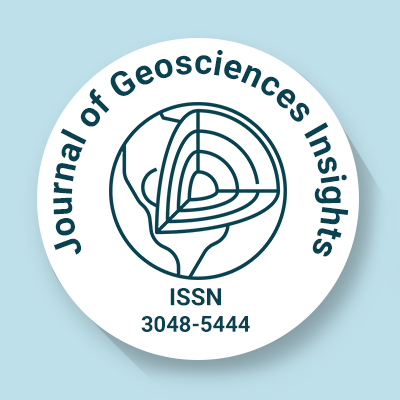
Journal of Geosciences Insights
OPEN ACCESS
ISSN: 3048-5444

OPEN ACCESS
ISSN: 3048-5444
Geology is the study of the planet Earth, its materials, and the processes that sculpt it over time. Geology examines rocks, minerals, fossils, and the forces that responsible for mountains forming, earthquakes quaking, and volcanoes exploding. Geologists examine how the Earth's surface evolves through erosion, weathering, and the movement of the tectonic plates. They also learn about the history of our Earth through studying rock layers, which tell them about the climates of the past, ancient living organisms, and significant geological occurrences.
The subject is significant for learning about natural disasters, where to find resources such as oil, gas, and metals, and preserving the environment. Geologists are major contributors in predicting and preventing natural disasters like landslides and tsunamis. They also assist in sustainable mining and groundwater conservation.
Geology is allied with other sciences such as physics, chemistry, and biology to give an account of Earth’s development and buildup. Geologists reconstruct the history of our planet and its ongoing changes by examining various landscapes, ranging from the ocean depths to the mountains.